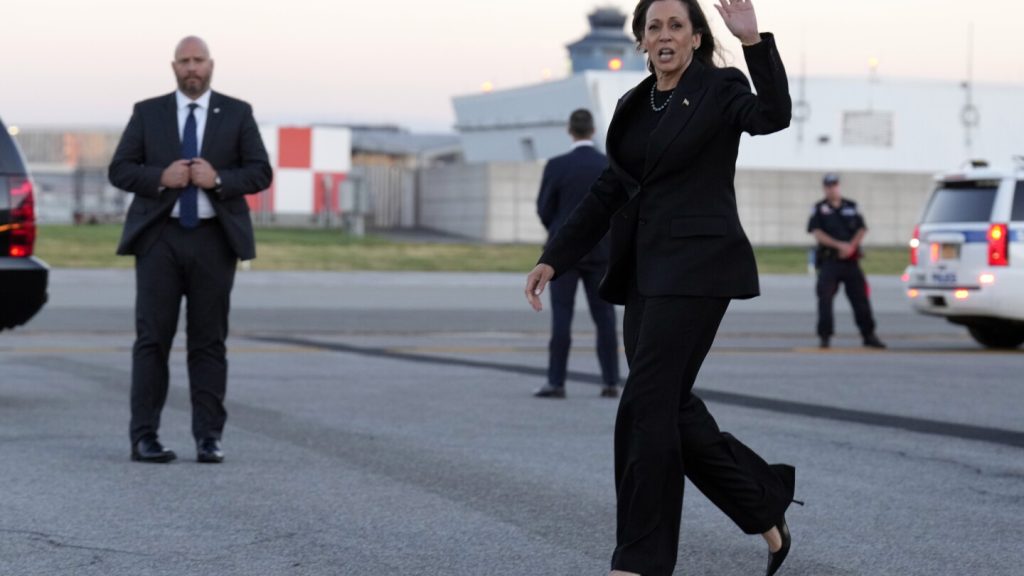Vice President Kamala Harris criticized former President Donald Trump for spreading falsehoods about the federal response to Hurricane Helene, calling his actions “incredibly irresponsible.” Harris emphasized the importance of providing resources to those affected by the hurricane and urged people to apply for the help available through FEMA. Trump made false claims about aid being intentionally withheld and FEMA running out of money, leading to confusion and misinformation in the aftermath of the devastating storm.
In addition to Trump, Harris also criticized Florida Governor Ron DeSantis for allegedly playing political games and engaging in political gamesmanship in the aftermath of Hurricane Helene. Harris reached out to DeSantis after the storm, but he claimed not to have received any calls from her. DeSantis defended his actions, stating that he had been in contact with President Biden and federal officials to ensure support for the people of Florida. Despite Harris’s criticism, DeSantis maintained that his focus was on the well-being of his state’s residents and not on political agendas.
DeSantis accused Harris of politicizing the storm and engaging in campaign tactics, stating that she was trying to exploit the situation for her own gain. He emphasized that he had worked closely with both Biden and Trump during past hurricanes and had never faced such politicization from a vice president. DeSantis reiterated that his priority was to address the needs of the people in Florida and that he did not have time for political games during such critical situations.
Harris’s office stated that the vice president had also contacted Governor DeSantis to discuss preparations for the approaching Hurricane Milton, showing a continued effort to engage with state leaders for disaster response. The White House reported that President Biden had urged DeSantis to reach out directly if further support was needed for response and recovery efforts in Florida. Despite the disagreements and criticisms, there appears to be ongoing communication and coordination between federal and state officials to ensure effective disaster response.
As the current political landscape becomes increasingly entangled with the impending elections, the ramifications of how leaders respond to natural disasters are under scrutiny. The intersection of politics and disasters raises questions about accountability, transparency, and prioritization of people’s needs during crises. Both federal and state leaders are being called upon to set aside political differences and work collaboratively to provide essential support and resources to those affected by hurricanes and other natural disasters. The focus should remain on alleviating the suffering of individuals and communities devastated by these events rather than engaging in political rhetoric or blame games.


